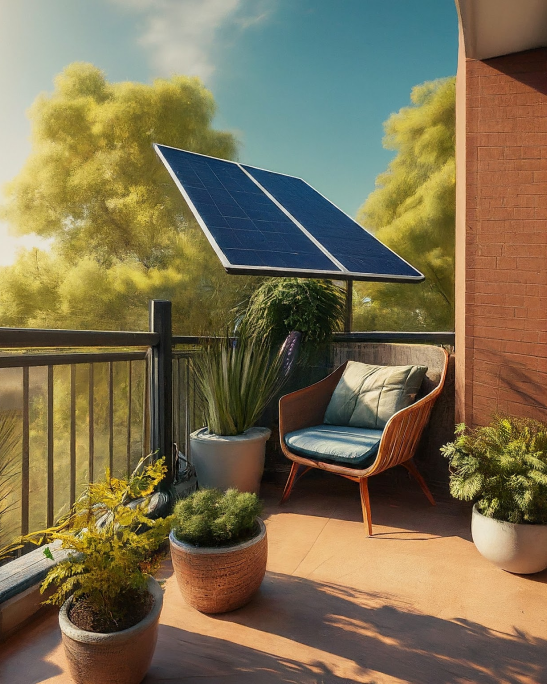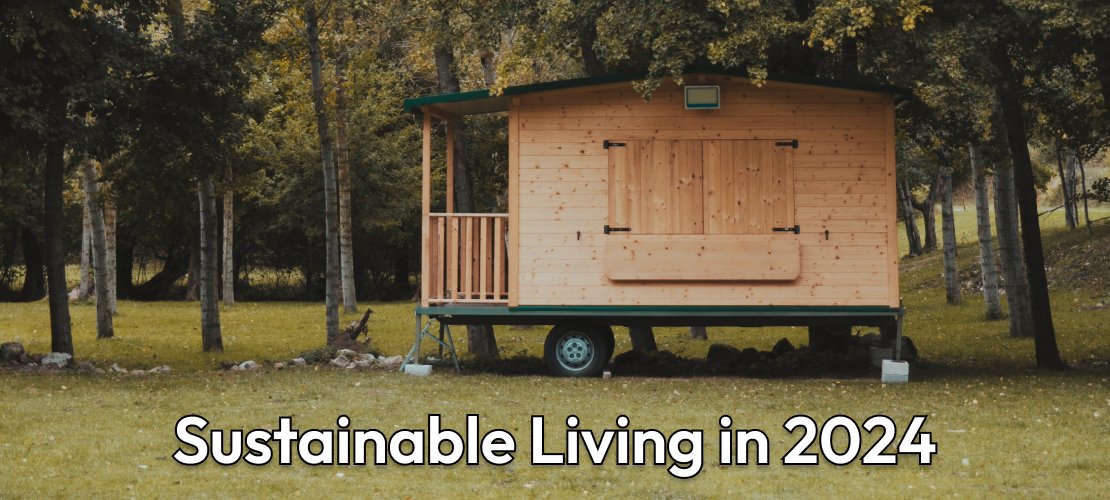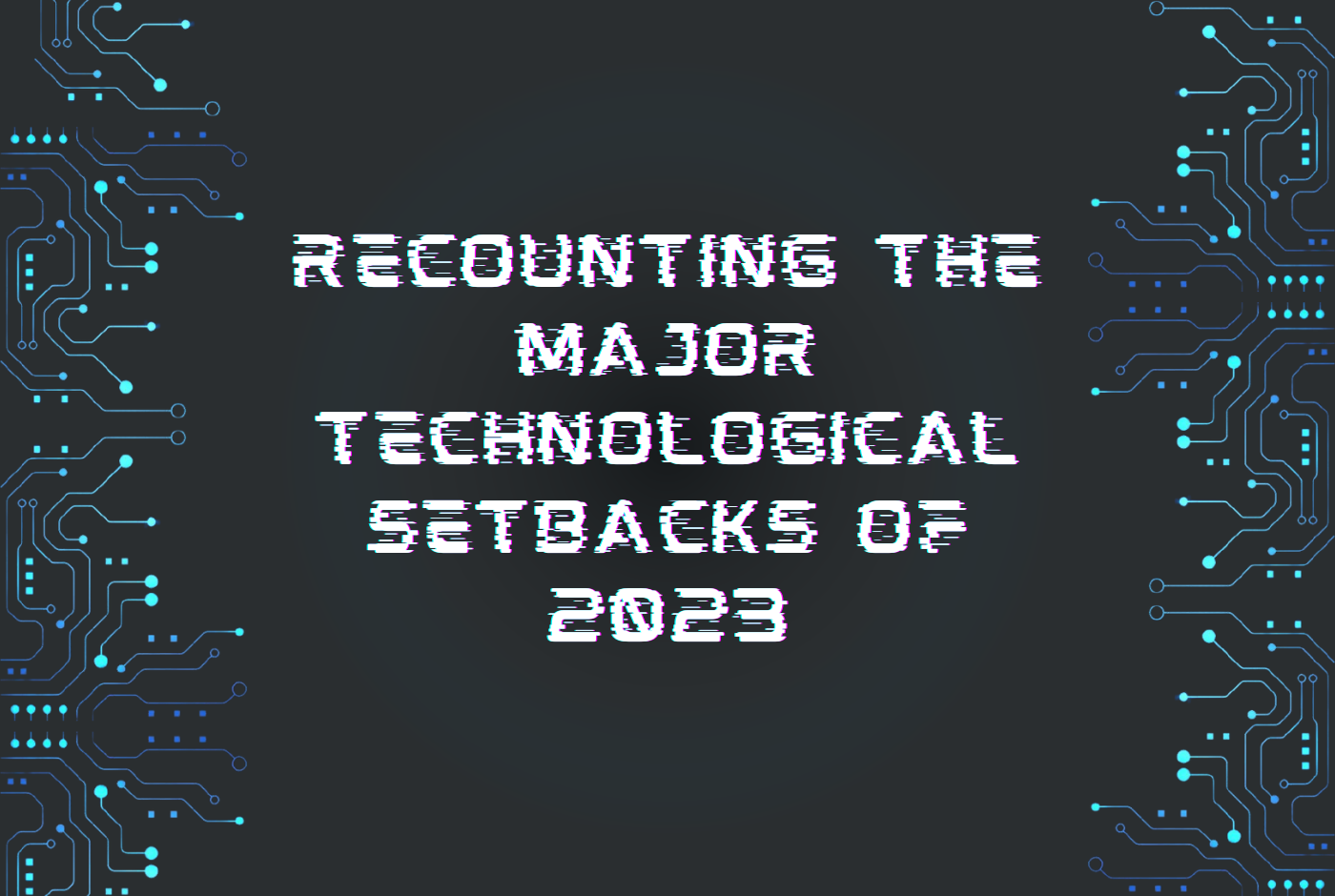Construction and Energy Efficiency Sustainable practices in construction are now at the forefront of the industry's agenda. Companies worldwide are committing to environmental goals, including achieving net-zero emissions. For instance, construction engineering firms like Fluor Corporation have set ambitious targets to hit net zero for scope 1 and 2 emissions by the end of 2023. Such companies are investing in sustainable solutions like EVs, solar panels and tree planting initiatives. This trend reflects a broader shift in the construction industry towards sustainable practices and energy efficiency.
Moreover, homeowners are increasingly adopting renewable energy sources such as solar panels and wind turbines. These technologies not only reduce dependency on fossil fuels but also help in cutting down carbon emissions significantly. Additionally, simple yet effective methods like using programmable thermostats, LED lighting and energy-efficient appliances are becoming mainstream in households. These practices exemplify the growing awareness and action towards reducing energy consumption and promoting sustainability in our living spaces.
Urban Planning for a Greener Future
Urban environments are being redesigned with a strong emphasis on sustainability. Cities are
becoming more accommodating for pedestrians and cyclists, incorporating green spaces to improve
air quality and enhance the quality of urban life. The European Union, with Paris setting a goal
to make every street biker-friendly by 2024, is leading this initiative. In the United States,
major cities are seeing an increase in pedestrian-friendly areas, e-bike rentals and bike lanes.
This shift towards greener urban transport and sustainable city planning is a critical step in
reducing carbon footprints and fostering healthier living environments.





